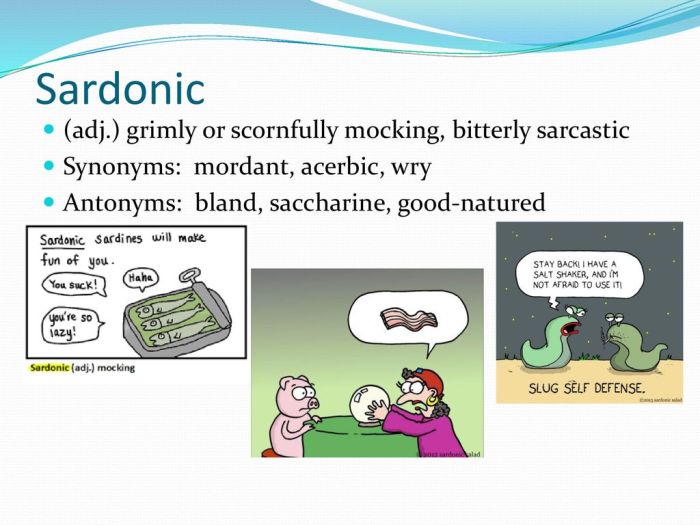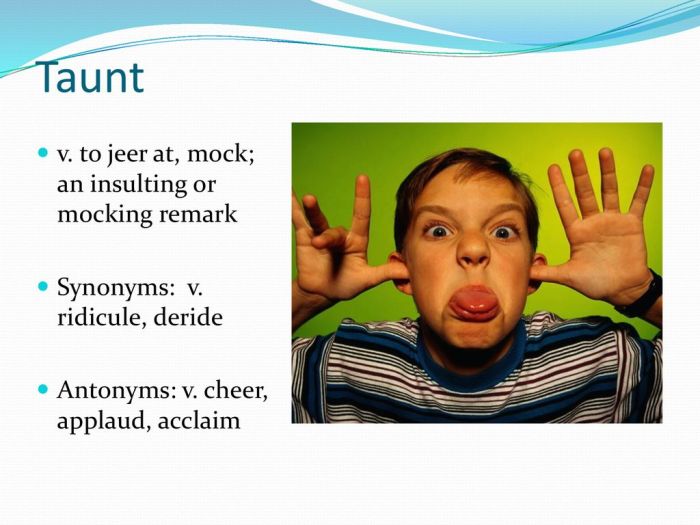Vocabulary Workshop Unit 6 Level D Answers provides a comprehensive overview of effective vocabulary development strategies, word analysis and meaning exploration, vocabulary in context, and vocabulary assessment. This resource is designed to help learners expand their vocabulary skills and improve their overall language proficiency.
This guide will explore the morphological structure of words, demonstrate how to use dictionaries and thesauruses to explore word meanings, and discuss strategies for inferring word meanings from context. Additionally, it will provide example sentences that demonstrate the usage of vocabulary words in different contexts and discuss the importance of understanding word usage in various situations.
Vocabulary Development Strategies

Expanding vocabulary is crucial for effective communication and critical thinking. Effective techniques include:
- Reading widely:Exposure to diverse texts enriches vocabulary by introducing new words and phrases.
- Using a dictionary:Looking up unfamiliar words provides definitions, synonyms, and usage examples.
- Flashcards:Creating and reviewing flashcards helps memorize new words and their meanings.
- Word games:Games like Scrabble and crossword puzzles challenge vocabulary knowledge and stimulate word recognition.
- Contextual learning:Understanding words in their context helps infer their meaning and usage.
Context in Vocabulary Acquisition, Vocabulary workshop unit 6 level d answers
Context plays a vital role in vocabulary acquisition. By understanding the surrounding words and phrases, learners can deduce the meaning of unfamiliar words. This approach enhances comprehension and promotes retention.
Word Analysis and Meaning Exploration: Vocabulary Workshop Unit 6 Level D Answers

Word analysis involves breaking down words into their component parts (prefixes, suffixes, root words) to understand their meaning and origin.
- Prefixes:Prefixes like “un-” (not) and “re-” (again) modify the meaning of root words.
- Suffixes:Suffixes like “-tion” (action) and “-ment” (result) add meaning and part of speech to root words.
- Root words:Root words carry the core meaning and are often shared among related words (e.g., “scribe,” “script,” “inscribe”).
Dictionaries and thesauruses provide valuable information about word meanings, synonyms, and usage. Contextual analysis involves inferring word meanings from the surrounding text, using clues like synonyms, antonyms, and definitions.
Vocabulary in Context
Understanding word usage in different contexts is essential for effective vocabulary acquisition.
| Word | Definition | Example Sentences |
|---|---|---|
| Advocate | To support or recommend | The lawyer advocated for his client’s innocence. |
| Empirical | Based on observation or experience | The empirical evidence supported the hypothesis. |
| Impeccable | Flawless or beyond reproach | Her reputation for integrity was impeccable. |
| Inimical | Hostile or harmful | The toxic fumes were inimical to health. |
| Lucid | Clear or understandable | The professor’s explanation was lucid and engaging. |
Vocabulary Assessment

Evaluating vocabulary knowledge is crucial to track progress and identify areas for improvement.
Assessment methods include:
- Multiple choice:Selecting the correct answer from a list of options.
- Fill-in-the-blank:Completing sentences with appropriate words.
- Essay questions:Demonstrating vocabulary usage and understanding in written form.
Each method has its benefits and limitations, and a combination of assessments provides a comprehensive evaluation.
FAQs
What are some effective techniques for expanding vocabulary?
Effective techniques for expanding vocabulary include reading widely, using flashcards, practicing spaced repetition, and engaging in active recall.
How can I use context to infer the meaning of unfamiliar words?
To infer the meaning of unfamiliar words from context, look for clues in the surrounding text, such as synonyms, antonyms, definitions, or examples.
What is the importance of understanding word usage in various situations?
Understanding word usage in various situations is important for effective communication. Words can have different meanings depending on the context in which they are used, so it is important to be able to recognize and use words appropriately.